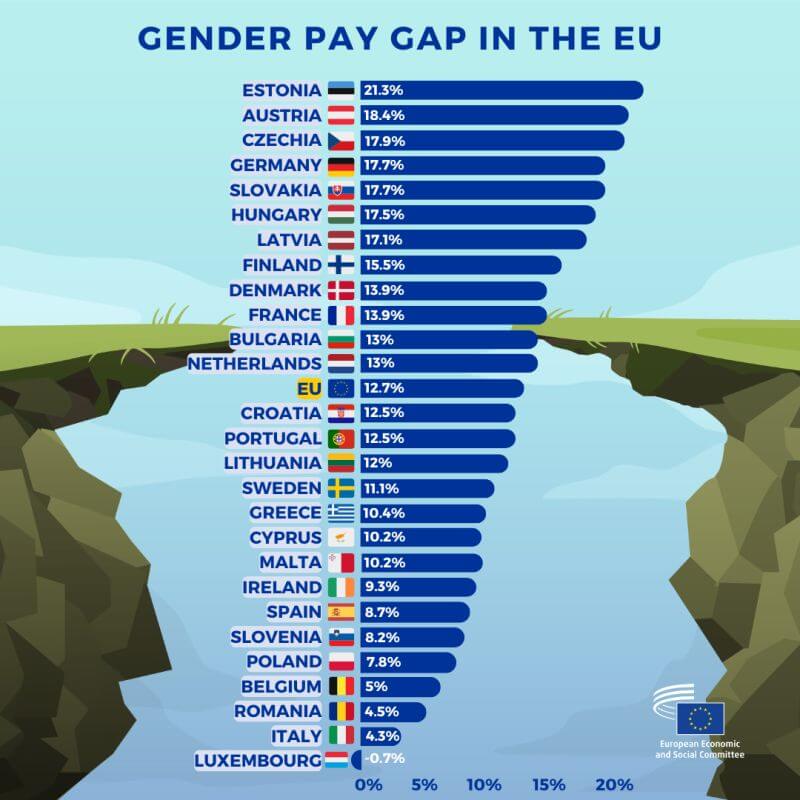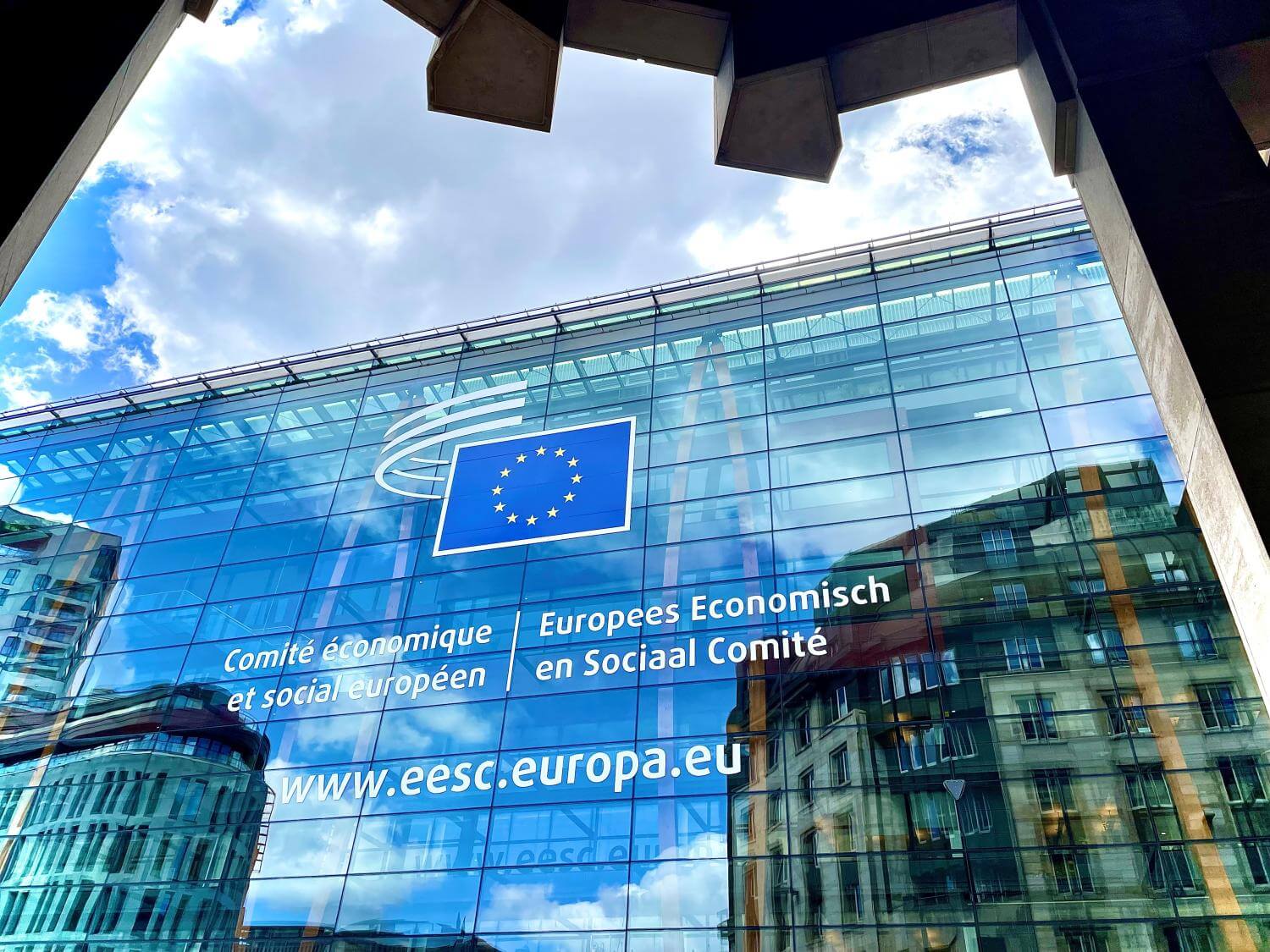European leaders and managers can play a crucial role in fostering gender equality
The European Economic and Social Committee (EESC) has delivered a strong message on the importance of gender equality in entrepreneurship and investment across the EU.
Gender budgeting and inclusive legislative frameworks to level the playing field for women entrepreneurs are some tools EESC proposes to policymakers to tackle the gender pay gap.
The European Economic and Social Committee (EESC) recommends that all juries at European financial institutions achieve gender balance to avoid biases such as “homophily” or the tendency for similar individuals to attract each other.
European managerial staff and the involvement of the European Commission social partners like CEC European Managers can emerge as key players in driving this shift towards equality.

Investments using a gender lens
The EESC outlined the vital role that gender lens investing—an investment strategy actively seeking to benefit women—can play in creating an inclusive financial ecosystem. The committee calls for gender-disaggregated data to bridge the gender gap, emphasizing the need to incorporate it into the annual Gender Equality Index.
This data would enable policymakers and investors to measure progress and identify barriers to women’s full economic participation.
European managerial staff are poised to be key facilitators of this movement. With their influence in financial and operational decisions, leaders and managers can advocate for gender-inclusive policies within their organisations.
European managers, represented by CEC European Managers, can drive change by ensuring that diversity in teams, particularly regarding gender, is prioritized when allocating public and private funding. In that sense, the European Commission initiative coordinated by CEC European Managers on unconscious bias is a useful tool to achieve this goal. Many European managers are expected to participate in unconscious bias training, enabling them to make more inclusive decisions.
The EESC has recommended that all juries at European financial institutions achieve gender balance to avoid biases such as “homophily” or the tendency for similar individuals to attract each other.
Providing women with better networking, training, and mentorship opportunities. European managers can help build platforms where female entrepreneurs gain access to professional networks often dominated by male counterparts.
As noted by the EESC, creating an entrepreneurial culture that challenges gender stereotypes is essential, and education plays a critical role here.
The committee highlighted the need for early intervention in STEM fields, encouraging girls to pursue careers in high-tech sectors traditionally dominated by men.
Gender Budgeting as a Standard Practice
The EESC has strongly urged the adoption of gender budgeting tools across all levels of the EU’s budgetary process. But, what is gender budgeting? The Council of Europe defined gender budgeting as “an application of gender mainstreaming in the budgetary process.”
It involves conducting a gender-based assessment of budgets, incorporating a gender perspective at all levels of the budgetary process, and restructuring revenues and expenditures in order to promote gender equality. In short, gender budgeting is a strategy and a process with the long-term aim of achieving gender equality goals.
This recommendation positions gender equality not just as a social issue but as an economic imperative. European managers, especially those in senior positions, are expected to integrate gender budgeting into the decision-making process of their organizations. By doing so, they can help ensure that public funds are distributed in ways that promote gender balance and encourage female entrepreneurship.
Gender budgeting is a strategy and a process with the long-term aim of achieving gender equality goals
Avoiding “Pinkwashing”
One of the key suggestions made by the EESC is to avoid “pinkwashing”—a practice where companies superficially support women’s causes without any meaningful change. By setting specific standards for diversity, including team composition with a focus on women, European managers can ensure that funding criteria support genuine efforts toward gender equality.
Gender Balance in Financial Institutions
The committee has also called for gender balance in financial decision-making bodies across Europe. This call extends to ensuring that financial juries and decision-makers at venture capital and private equity firms include women, which is crucial for fostering an inclusive investment environment.
European leaders and managers, alongside organisations such as CEC European Managers, will be instrumental in creating a financial ecosystem that supports women entrepreneurs and advances gender equality.






